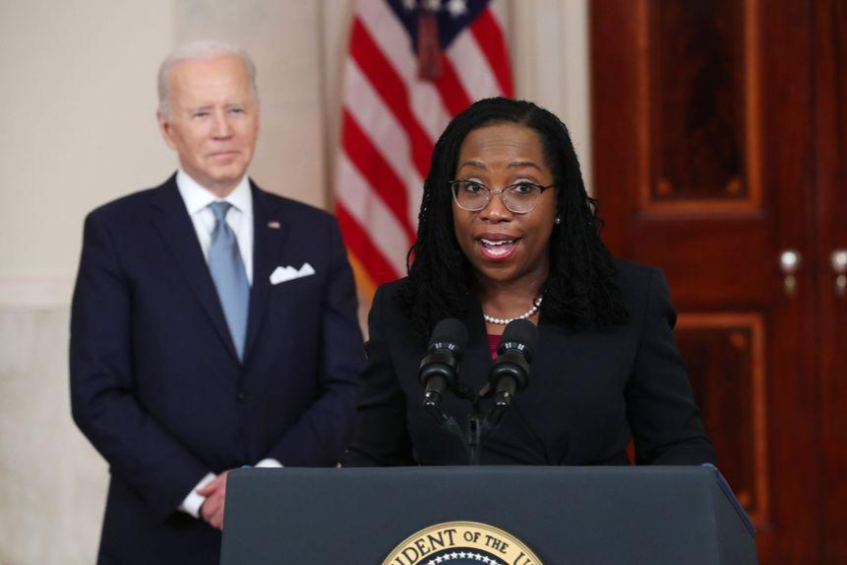Recently nominated by President Joe Biden, Ketanji Brown Jackson is on the road to becoming the first Black woman on the Supreme Court.
Jackson is currently a federal judge on the U.S. Court of Appeals for the District of Columbia Circuit. The Harvard Law School graduate previously clerked for Justice Breyer, whom she would replace after his retirement.
Ken Novak, a professor of criminal justice and criminology at UMKC, said that the nomination was consistent with what Biden has said he planned to do.
“[Biden] wanted to make the cabinet, make the people around him, and certainly the federal judiciary, look demographically more like America,” Novak said.
UMKC’s Division of Diversity and Inclusion’s Biennial Report revealed that in 2019, Black/African American students were the third largest ethnicity enrolled at the university. Especially as it concerns the campus’s demographic makeup, Jackson brings an experience to the bench that has long been absent.
Since its inception 232 years ago, only four of the 115 Supreme Court justices have been women. Out of those four, three are currently serving on the bench, and none have been Black.
The Supreme Court is unlike most governmental positions as there are no term limits. Supreme Court justices have life tenure, only leaving the bench due to death, retirement, resignation or impeachment.
“It is important for students as they are entering adulthood to recognize that this is a pretty important figure who is going to be shaping the way that the court interprets the constitution likely for their working lifetime,” Novak said.
As the highest court in the land, the Supreme Court functions as a guardian and interpreter of the Constitution. If the Senate confirms her, Jackson will bring a perspective never before seen to the court.
Jackson’s nomination also comes with less controversy than other recent Supreme Court justices. Benjamin Woodson, a UMKC professor who specializes in judicial institutions, said Jackson is a qualified liberal judge whose nomination will most likely be quick and easy.
“It will not be a Kavanaugh-style sort of media frenzy,” Woodson said.
While Jackson’s nomination maintains the current ideological balance of the court, the descriptive representation that comes from Jackson will make the most change, Woodson said.
Confirmation hearings for Jackson will begin on March 21, falling during Women’s History Month. Democratic leaders have set a goal of reaching a final Senate vote by April 8.
krv8pg@mail.umkc.edu
wayvcf@umkc.edu








